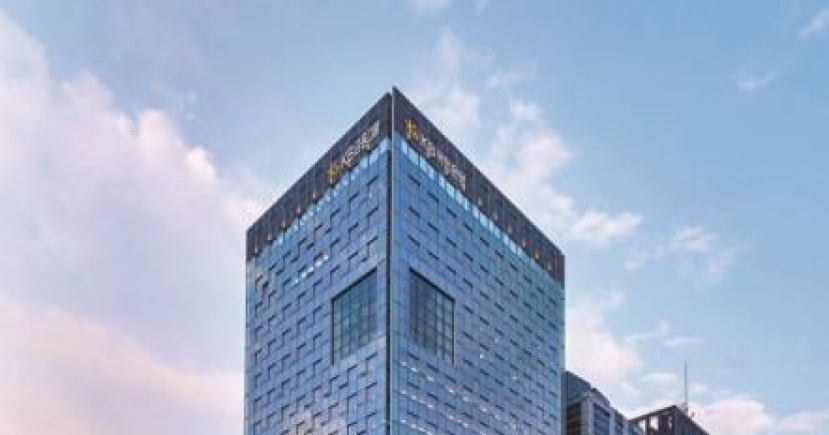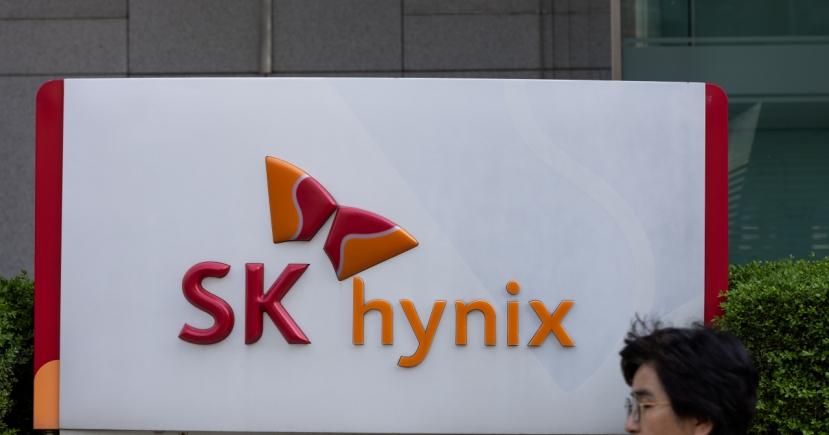Industrials
Lotte’s THAAD decision stokes fear of Chinese retaliation
[THE INVESTOR] Lotte Group’s decision to provide land for the installment of the Terminal High-Altitude Area Defense anti-missile system here is stoking fears about the possibility of economic retaliation from China.
On Feb. 27, Lotte Group decided to swap its golf course in Seongju, North Gyeongsang Province, for a military property in Namyangju, Gyeonggi Province, to allow the installment of the THAAD battery in the southern region.
Although the swap was initially worked out last November, it had faced continued opposition from China, a country closely linked to many of Lotte’s business interests. The official swap agreement signed with the Defense Ministry on Feb. 28 was delayed from its initial plan of January in light of the backlash from China.
“I want to emphasize again that China is firm in its resolve to oppose the deployment of THAAD in the Republic of Korea and will resolutely take necessary actions to safeguard its own security interests,” China’s Foreign Ministry spokesperson Geng Shuang said through a press briefing on Feb. 27.
It is still unclear what these “necessary actions” will entail for Lotte. However, several of Lotte’s business interests, particularly in the retail sector, are vulnerable both to official actions by the Chinese government and to negative reactions from Chinese consumers.
Lotte currently operates 120 shopping outlets and 92 movie theaters in China, which brought in approximately 3.2 trillion won ($2.8 billion) in revenue last year, according to a Lotte Group spokesperson.
In addition to operating retail outlets in China itself, Lotte is heavily reliant on Chinese tourists to prop up sales in its duty-free stores within Korea, which reached approximately 6 trillion won last year. Lotte, the largest duty-free operator here, makes about 70 percent of its sales from Chinese tourists visiting Korea.
A spokesman for Lotte Duty Free said that the company has not yet seen any immediate effects from the decision, such as cancellations by Chinese tourists groups, but that it was monitoring the situation.
“There’s really nothing we can do,” the spokesman said. “Our sales were up by 20 percent compared to last year up until last week, but we’ll have to see.”
Large construction projects, also in progress in China, also hang in the balance. Lotte is in the process of building a commercial complex called Lotte World Chengdu with a potential completion date in 2019. Another project, Lotte World Shenyang, has already been suspended by Chinese authorities since last December citing building regulations.
A spokesman for Lotte Asset Development said that there had not yet been any official changes to the construction plans, saying that communications with the project teams on the ground take time.
Anxiety about Chinese reactions to Lotte’s decision led to a fall in stock prices for Lotte Shopping, Lotte’s retail arm. On Feb. 28, Lotte Shopping’s stocks closed at 231,000 won per share, down from 233,000 won at market close Monday. Other consumer-related Lotte stocks including beverage maker Lotte Chilsung and snack maker Lotte Confectionery were also down by 0.13 percent and 2.74 percent from Feb. 27's close.
By Won Ho-jung/The Korea Herald (hjwon@heraldcorp.com)
On Feb. 27, Lotte Group decided to swap its golf course in Seongju, North Gyeongsang Province, for a military property in Namyangju, Gyeonggi Province, to allow the installment of the THAAD battery in the southern region.
Although the swap was initially worked out last November, it had faced continued opposition from China, a country closely linked to many of Lotte’s business interests. The official swap agreement signed with the Defense Ministry on Feb. 28 was delayed from its initial plan of January in light of the backlash from China.
“I want to emphasize again that China is firm in its resolve to oppose the deployment of THAAD in the Republic of Korea and will resolutely take necessary actions to safeguard its own security interests,” China’s Foreign Ministry spokesperson Geng Shuang said through a press briefing on Feb. 27.
It is still unclear what these “necessary actions” will entail for Lotte. However, several of Lotte’s business interests, particularly in the retail sector, are vulnerable both to official actions by the Chinese government and to negative reactions from Chinese consumers.
Lotte currently operates 120 shopping outlets and 92 movie theaters in China, which brought in approximately 3.2 trillion won ($2.8 billion) in revenue last year, according to a Lotte Group spokesperson.
In addition to operating retail outlets in China itself, Lotte is heavily reliant on Chinese tourists to prop up sales in its duty-free stores within Korea, which reached approximately 6 trillion won last year. Lotte, the largest duty-free operator here, makes about 70 percent of its sales from Chinese tourists visiting Korea.
A spokesman for Lotte Duty Free said that the company has not yet seen any immediate effects from the decision, such as cancellations by Chinese tourists groups, but that it was monitoring the situation.
“There’s really nothing we can do,” the spokesman said. “Our sales were up by 20 percent compared to last year up until last week, but we’ll have to see.”
Large construction projects, also in progress in China, also hang in the balance. Lotte is in the process of building a commercial complex called Lotte World Chengdu with a potential completion date in 2019. Another project, Lotte World Shenyang, has already been suspended by Chinese authorities since last December citing building regulations.
A spokesman for Lotte Asset Development said that there had not yet been any official changes to the construction plans, saying that communications with the project teams on the ground take time.
Anxiety about Chinese reactions to Lotte’s decision led to a fall in stock prices for Lotte Shopping, Lotte’s retail arm. On Feb. 28, Lotte Shopping’s stocks closed at 231,000 won per share, down from 233,000 won at market close Monday. Other consumer-related Lotte stocks including beverage maker Lotte Chilsung and snack maker Lotte Confectionery were also down by 0.13 percent and 2.74 percent from Feb. 27's close.
By Won Ho-jung/The Korea Herald (hjwon@heraldcorp.com)








